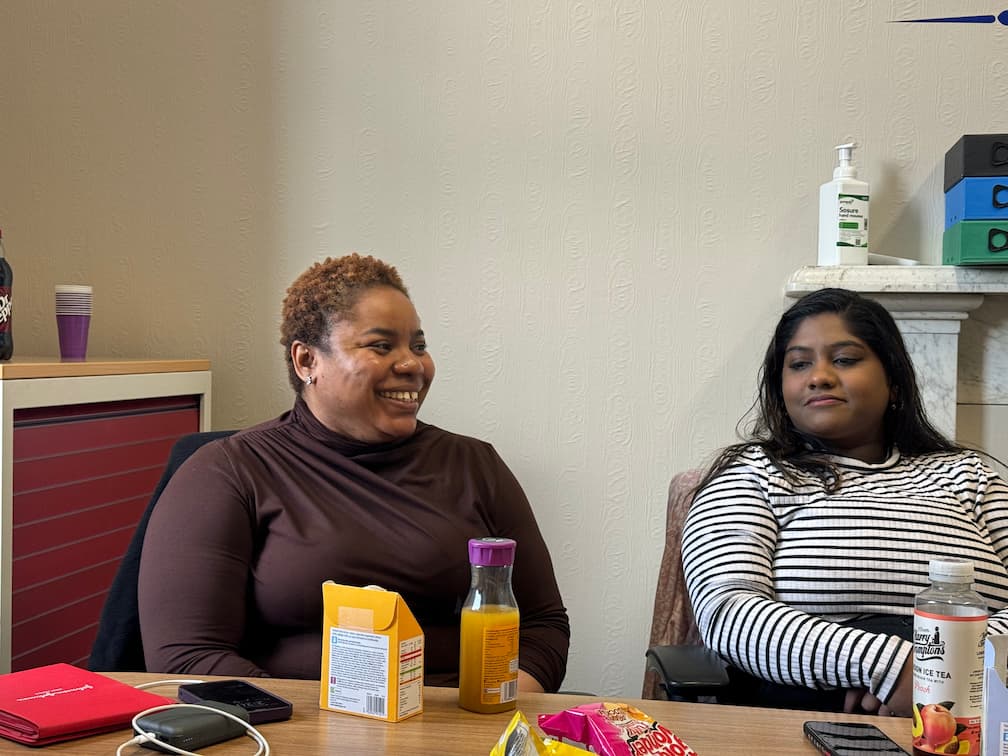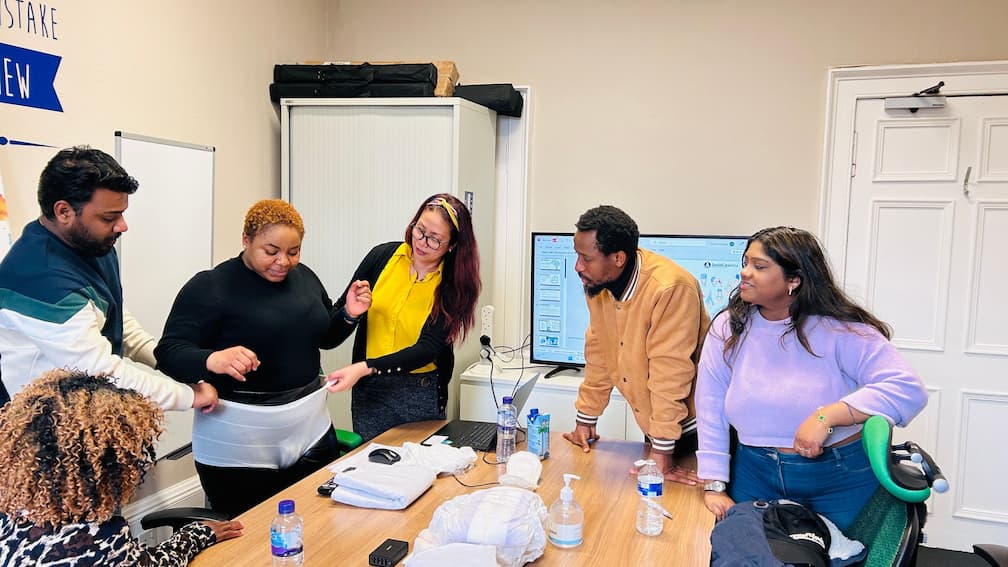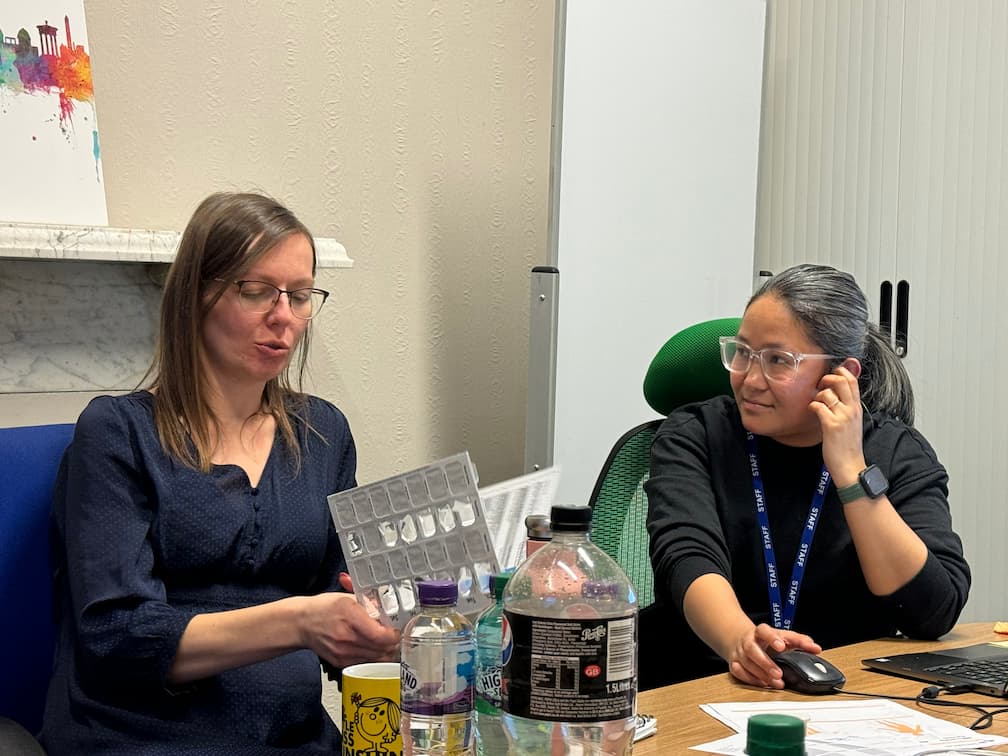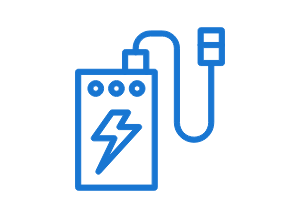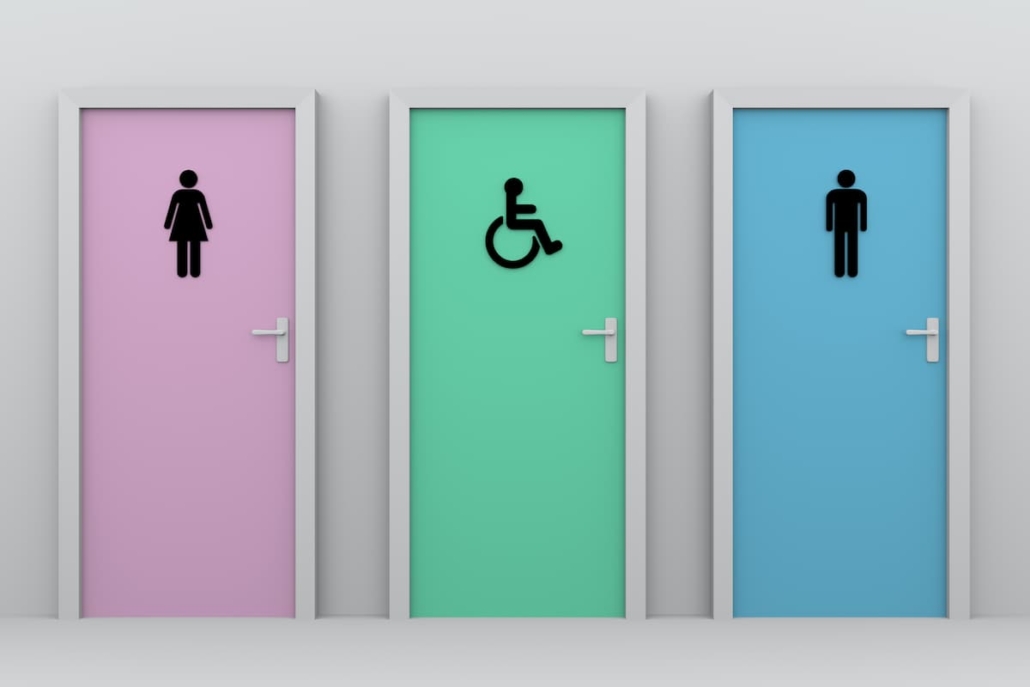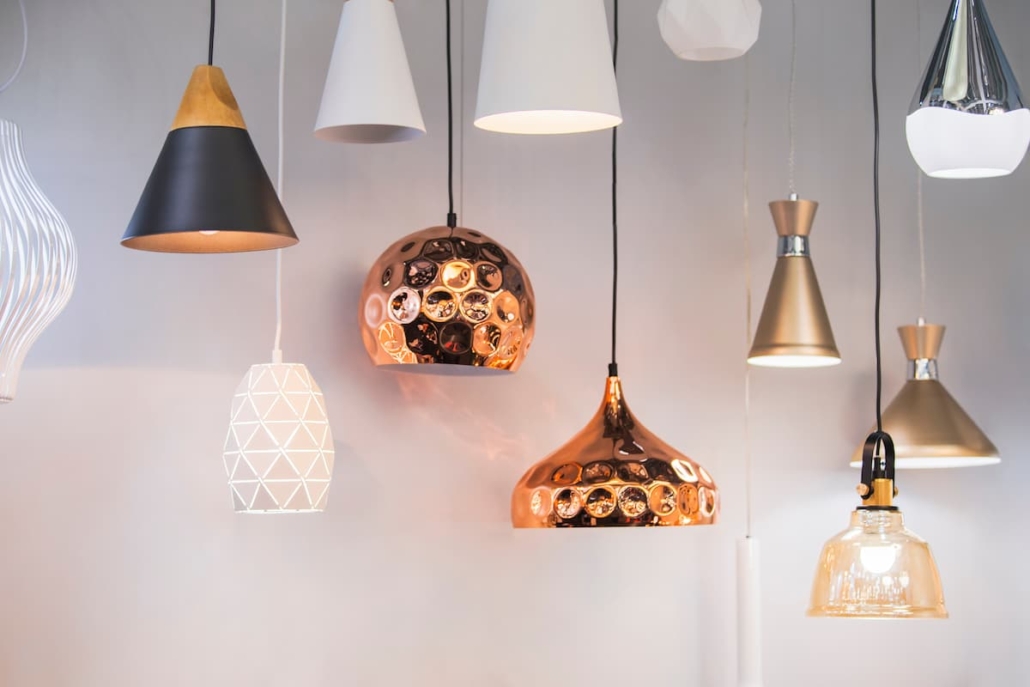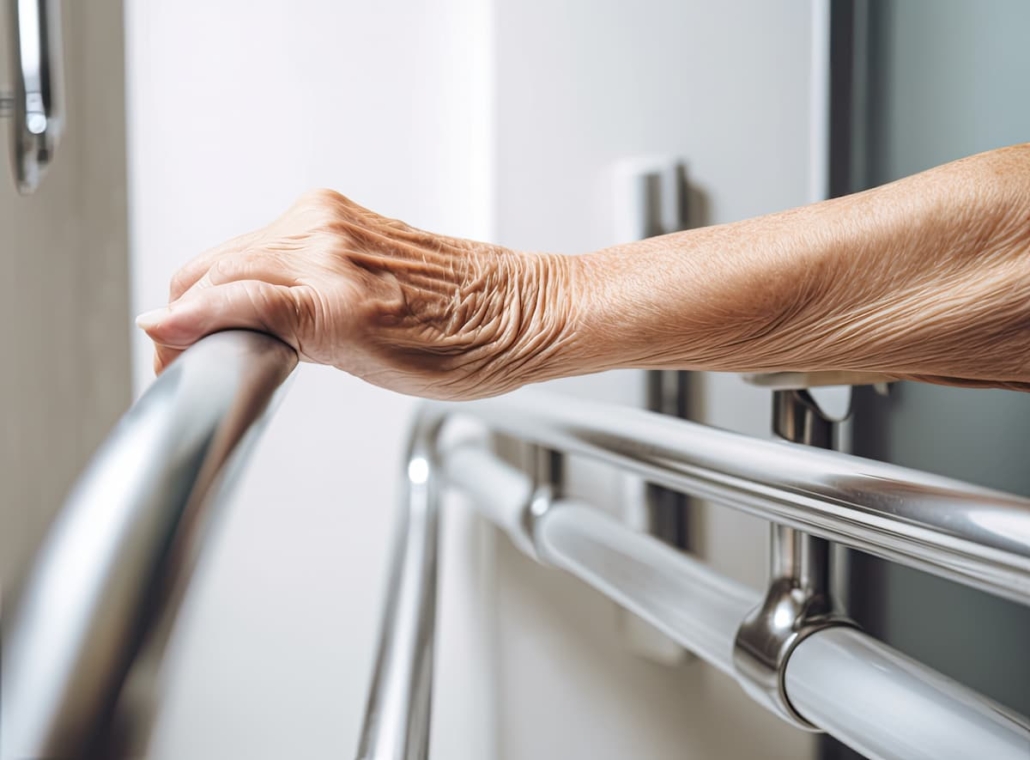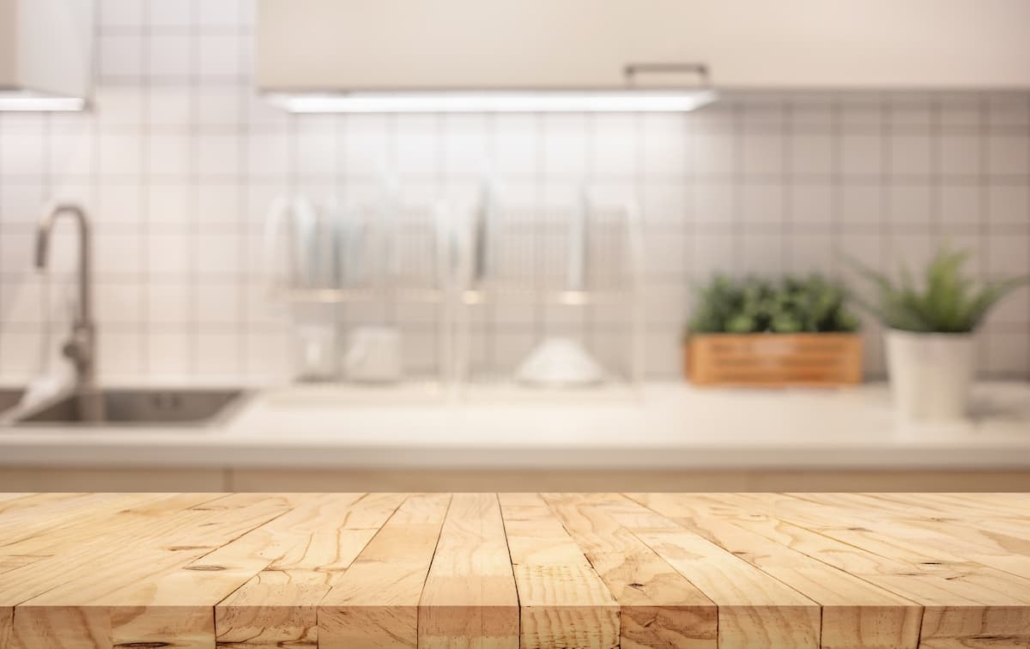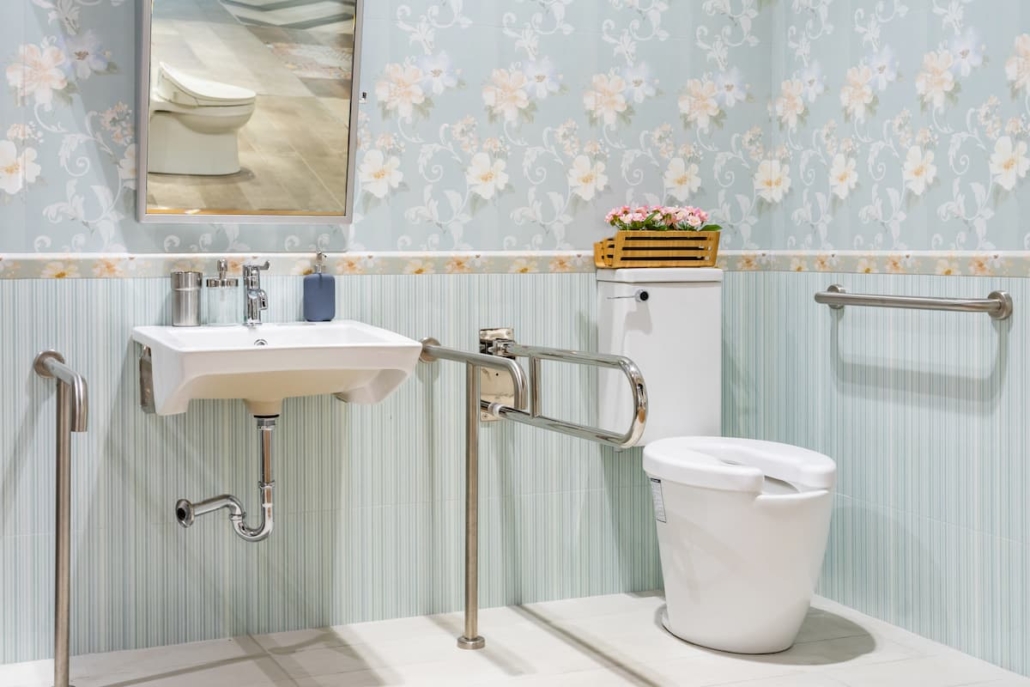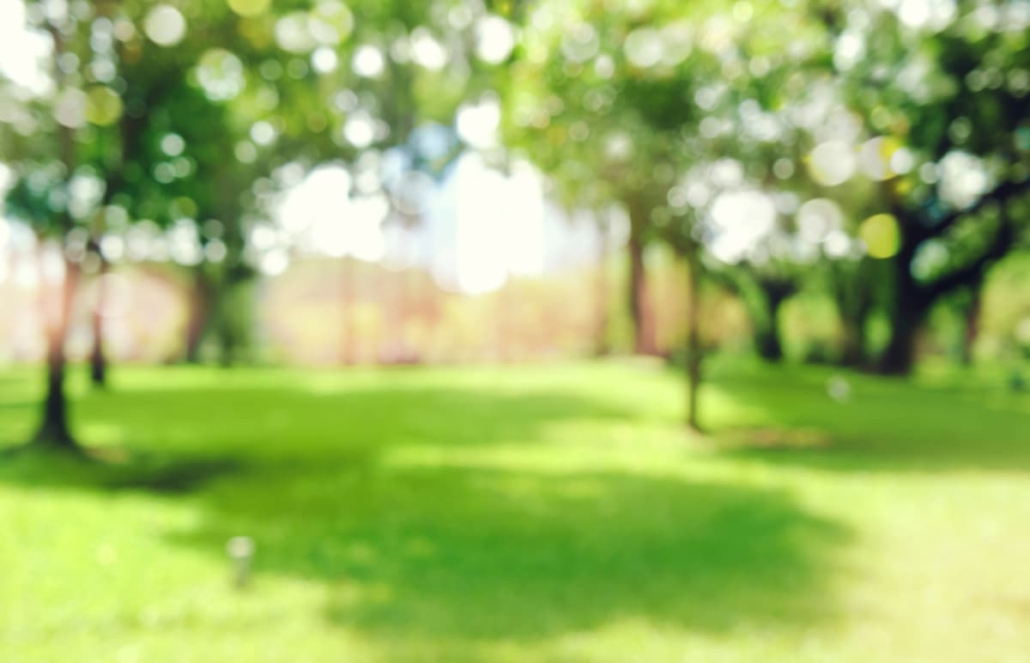Within social care, stopping infections before they start is incredibly important. By looking at what can happen if infections spread and focusing on ways to stop them early, this blogpost explains why it’s so crucial to work hard on preventing infections and keeping everyone healthy by following Standard Infection Control Precautions (SICPs).
You can find all the information below as well as additional resources and scenarios at rightdecisions.scot.nhs.uk 🔗
You may come into contact with blood and/or body fluids during routine care, and these should all be considered potentially infectious. Viruses/bacteria (germs/bugs) in saliva, urine, faeces, or blood can be passed to another person via cuts or abrasions, or through the mucous membranes of the mouth and eyes. Not all contact will become a spillage, but in the case of unexpected spills see the section on management of blood and body fluid spillages for more detailed information.
Infection prevention is one of the most important components of effective wound management. There is a risk of infection from wound leakage/oozing which should be managed using SICPs.
During routine care you are in close contact with those that you care for, and coughs and sneezes are common causes of cross infection. Viruses/ bacteria (germs/bugs) can easily spread from care giver to care receiver and vice versa.
The skin is an essential protective barrier to infection, but skin conditions can also pose infection risks. During routine care you may encounter people with skin conditions. Some skin conditions can be easily transmitted through contact with others during routine care.
Many personal care tasks such as washing and dressing or household type work can bring you into contact with blood or body fluids; sharps; care equipment and the care environment which may present cross infection risks.
Some procedures you carry out when caring for others may require you to handle equipment that has crossed the skin barrier. This can be a potential route of infection into the body. When using this equipment you may need to consider the risk of exposing the person you care for to microorganisms (germs/bugs).
Assess and monitor those who are in or going to be coming into their place of care so that correct infection prevention and control precautions are followed.
Wash hands with liquid soap and warm water if available. Alcohol Based Hand Rub (ABHR) can be used for visibly clean hands where care is being delivered and when entering or leaving the area.
Cough and respiratory hygiene should be used by everyone. Cover nose and mouth following sneezing, coughing, or blowing your nose, using tissues and safely disposing after use.
The use of Personal Protective Equipment (PPE), such as disposable plastic aprons and disposable gloves, is a requirement of health and safety legislation. PPE protects you (your uniform/personal clothing) from direct contact with any potential blood and/or body fluid.
Ensure equipment is maintained, cleaned, disinfected and/or disposed of appropriately.
Ensure the care area is kept clean and dry and free from clutter and equipment.
All clean, used, or infectious linen should be handled with care to prevent potential spread of infection.
Prompt and safe cleanup of blood and body fluid spillages.
Management of all household and healthcare activity waste.
Action to take in the event of an injury or exposure to infection at work, particularly those found in blood or body fluids.
This offers learning opportunities related to the application of the Standard Infection Control Precautions (SICPs) outlined in this guide. The scenario takes place in a care home setting, however, throughout the scenario it is encouraged that you relate the key learning points to your own practice setting and note any points for discussion within your care team.


